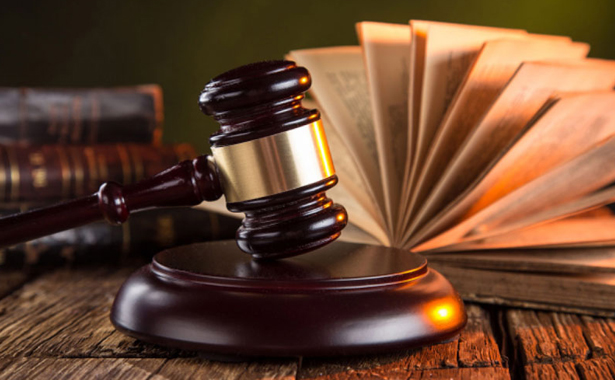Insider of Individual Debtor
The definition of insiders can vary based on the specific legal framework, but it usually includes the following categories of people:
– Relatives of the debtor, such as spouses, parents, children, siblings, or any other family members.
– General partners of the debtor, in case of a business operated as a partnership.
– Partnerships where the debtor is a general partner.
– Corporations controlled by the debtor, where they have significant control or influence over the corporation.
In bankruptcy or debtor/creditor law, an individual with close ties to the debtor is considered an insider. This includes any relative of the debtor, general partner of the debtor, partnership in which the debtor is a general partner, general partner of the debtor, or a corporation controlled by the debtor.
In bankruptcy proceedings, classifying an individual or entity as an insider is crucial because it helps prevent the debtor from showing favoritism towards certain creditors or attempting to hide assets improperly. Such transactions or transfers involving insiders are closely scrutinized to ensure fair treatment of all creditors.
Insiders’ actions in bankruptcy law may undergo scrutiny to prevent fraudulent or preferential transfers. For instance, if a debtor transfers assets to a family member shortly before filing for bankruptcy, the court may consider it as a preferential transfer intended to shield assets from creditors. Such transfers can be contested, and the court may choose to revoke or reverse them.
There are several potential consequences of being considered an insider during bankruptcy proceedings. These include:
– Rules about preferential transfers and fraudulent conveyances: Insiders may be subject to regulations regarding preferential transfers and fraudulent conveyances. If an insider receives preferential treatment or if assets are transferred to insiders before bankruptcy, these transactions may be scrutinized and challenged by the bankruptcy court.
– Avoidance actions: The bankruptcy trustee may have the power to avoid certain transactions involving insiders. This could include reversing transfers of property or payments made to insiders if they are deemed to be preferential or fraudulent.
– Recovery of transferred assets: The court may order the recovery of assets that were transferred to an insider with the intent to defraud creditors or prefer certain creditors over others, for the benefit of the bankruptcy estate.
– Limitations on insider transactions: Insiders may face restrictions on certain transactions or dealings with the debtor during the bankruptcy process to prevent further harm to creditors or manipulation of the bankruptcy estate.
– Disclosure requirements: Insiders may be required to disclose their relationships with the debtor and provide information about any financial dealings with the debtor, especially if such dealings occurred in the period leading up to the bankruptcy filing.
– Exclusion from creditors’ committees: In some cases, insiders may be excluded from creditors’ committees formed during bankruptcy proceedings to represent the interests of creditors. This exclusion is intended to ensure an impartial and fair representation of creditors.


